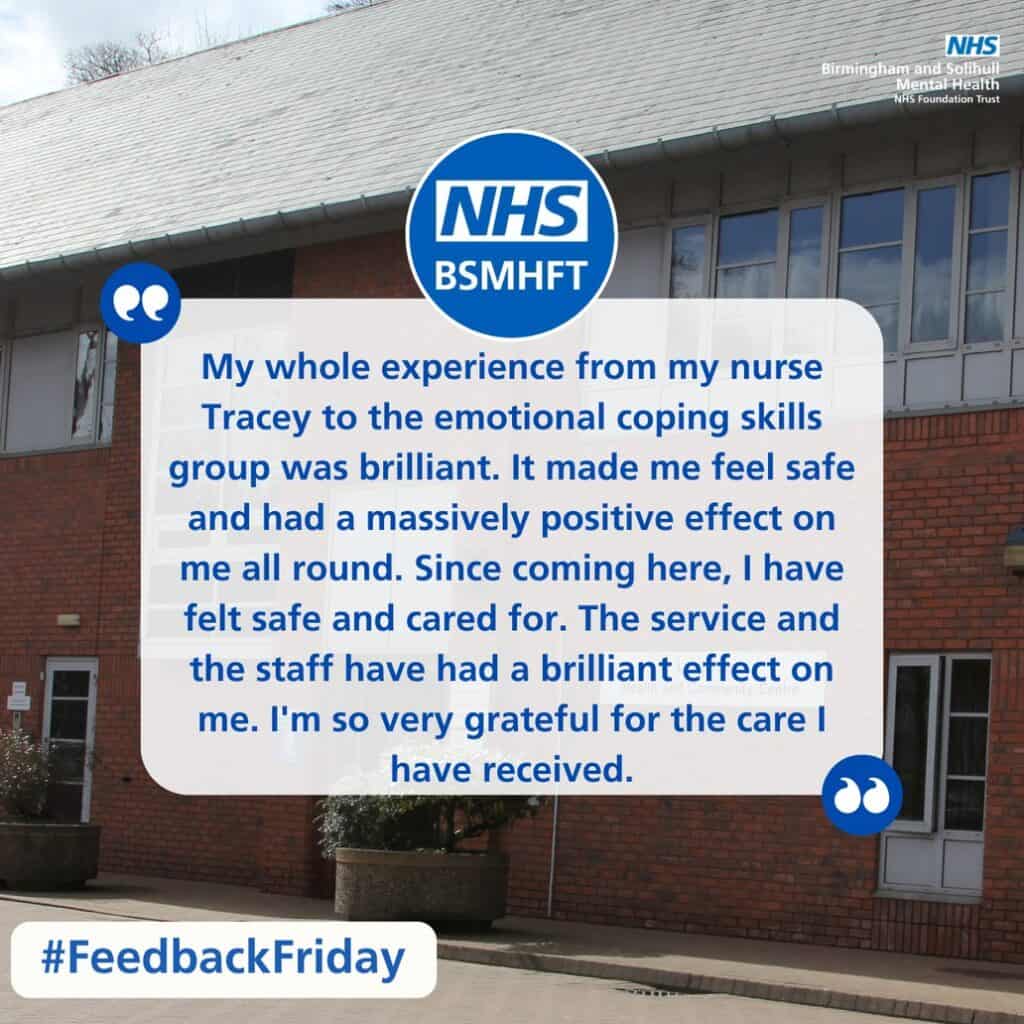Changes in behaviour in the late afternoon/early evening can be apparent for individuals living with dementia. This is known as ‘sundowning’.
Common symptoms include a growing sense of agitation, anxiety and feeling unsettled in familiar surroundings.
Whilst sundowning is not directly linked to seasonal changes, shorter days and longer evenings can often contribute to additional confusion.

Dr Nikki Belsham, Clinical Lead for the Memory Assessment Service at Little Bromwich Centre supports service users with all types of dementia.
Over her 20-year career, she has seen many service users and families impacted by sundowning. Below, Dr Belsham shares her top tips for supporting individuals with sundowning and where to get help if this is becoming unmanageable.
It can be really distressing to experience sundowning or witness your loved one getting increasingly distressed, however, here are some suggestions that may assist an individual and family when sundowning is apparent.”
Dr Belsham’s top tips:
- Ensure that rooms are well lit in both daytime and at night, using natural light and ensuring artificial light is bright and sufficient
- Maintain a good routine around waking, eating and sleeping
- Redirect the individual who is experiencing sundowning to other activities and utilise distraction. This could include playing music they enjoy or offering them a cup of tea and something to eat
- Remain calm and try not challenge
- Consider a gentle tone of voice and body language, offering reassurance.
It is important to consider that there may be other reasons for what could be perceived as sundowning such as being in pain, needing the toilet, feeling hungry etc.
If you are concerned about your loved one, please speak to the professionals. Contact your local GP and/or contact the Alzheimer’s Society on 0333 150 3456.
Additionally, the Alzheimer’s Society has good resources for support and guidance, for individuals and carers with dementia.





Published: 9 December 2024










